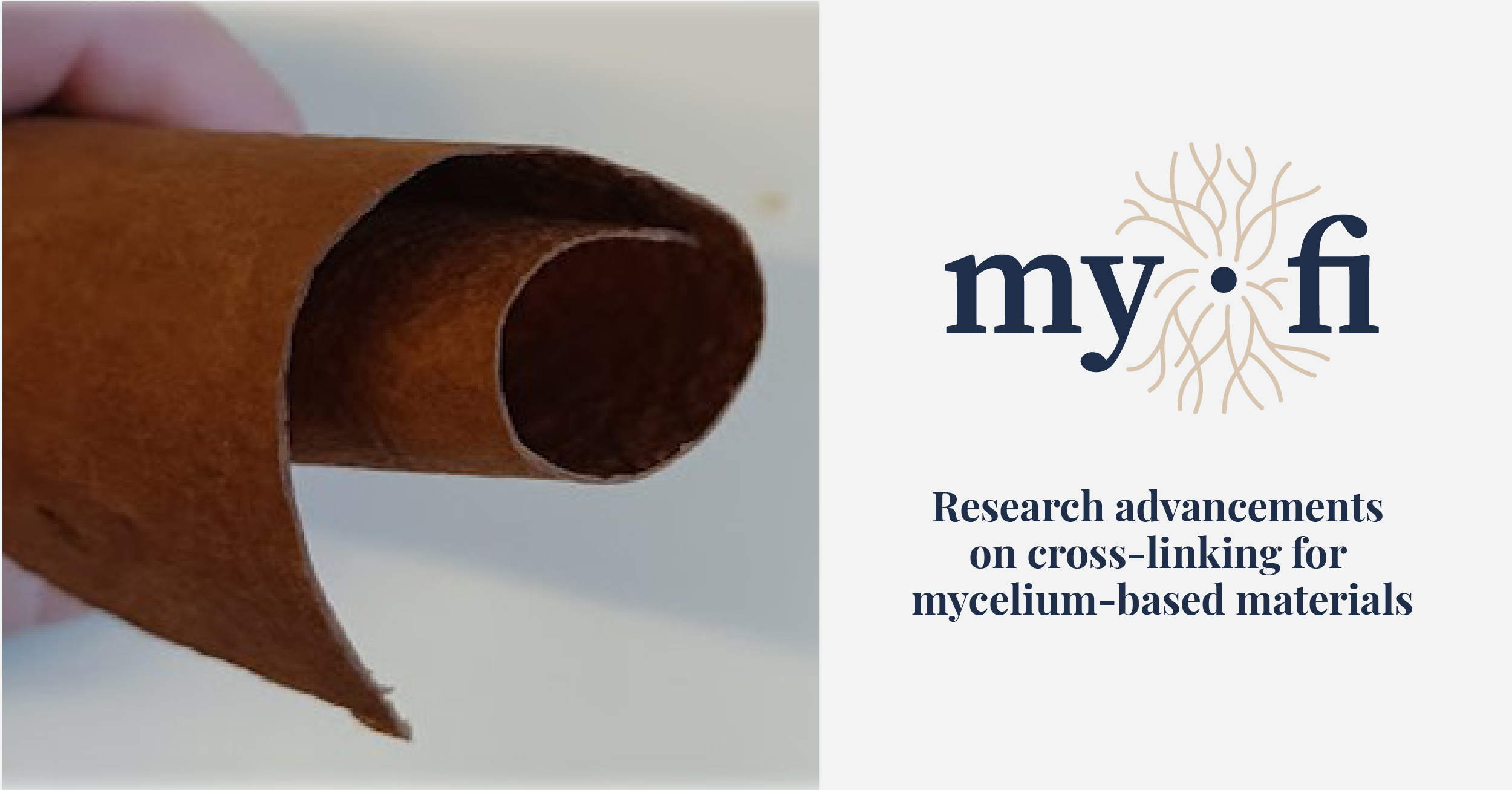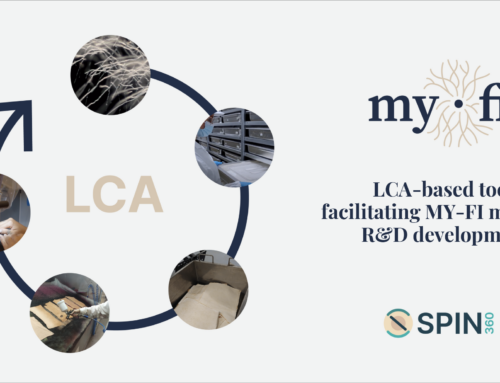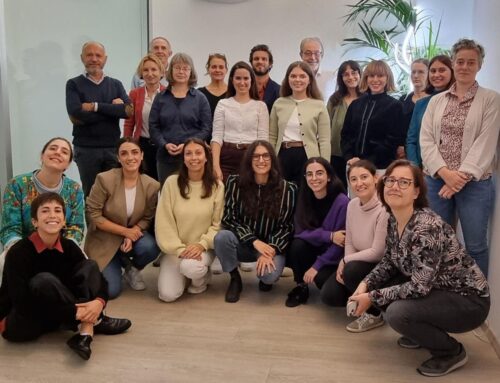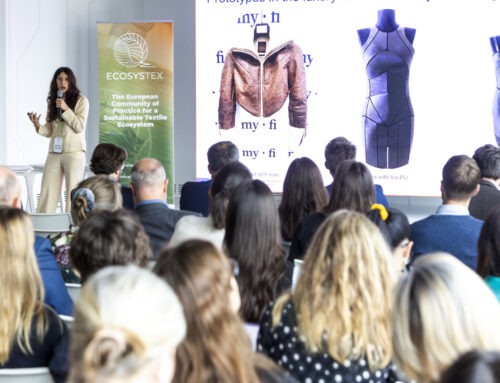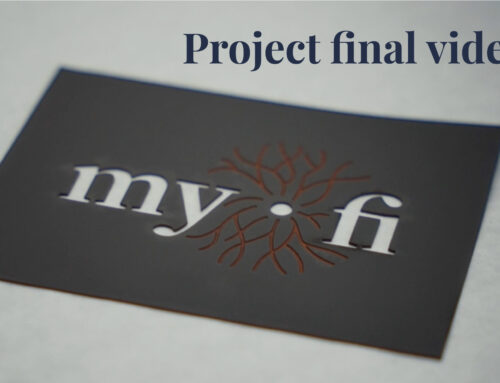Cross-linking, often referred to as tanning, is a process used to enhance the strength and durability of leather, and innovative materials like mycelium-based ones.
The study published here, conducted by Utrecht University, investigated the effects of various cross-linking agents on the mechanical properties of mycelium sheets, with the goal of developing a strong and resilient material. Both synthetic agents, like glutaraldehyde and EDC, and natural plant extracts from mimosa, tara, and privet were tested. Untreated mycelium exhibited relatively low strength and poor elongation. However, the application of glutaraldehyde significantly improved its strength, while slightly reducing its elasticity.
The cross-linking process not only enhanced the mechanical properties of the mycelium, but also increased its resistance to enzymatic degradation and reduced its water absorption, making it more durable and water-resistant. Molecular analyses revealed that glutaraldehyde formed robust chemical bonds with both proteins and polysaccharides in the mycelium. These findings provide a solid foundation for further research into optimizing the treatment of these novel materials.
Overall, this research demonstrates that both synthetic and natural cross-linkers can be used to create durable, mycelium-based materials suitable for industries such as fashion and automotive, without compromising performance.
